curl -v -F "file=@bigfile.zip" http://server/handler
I know the "bigfile.zip" will be split to several parts and sent to server part by part, that might need a long time. So how could I read the first part before the last part sent? If that's impossible with Apache/Nginx + PHP/Python, what about build another HTTP server with node.js?
What I want to find is a "long request" (another side like "long polling"). Browser can write to server immediately by using an exists long request without create a new one.
Any suggestion?
=================
Connection: Keep-Alive ?
